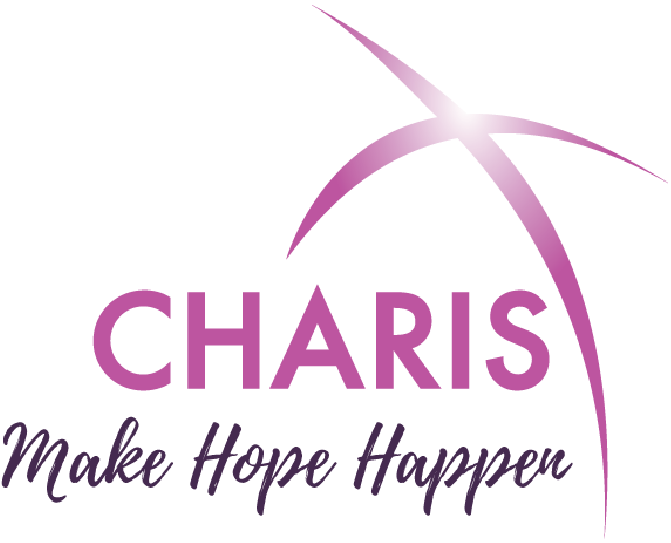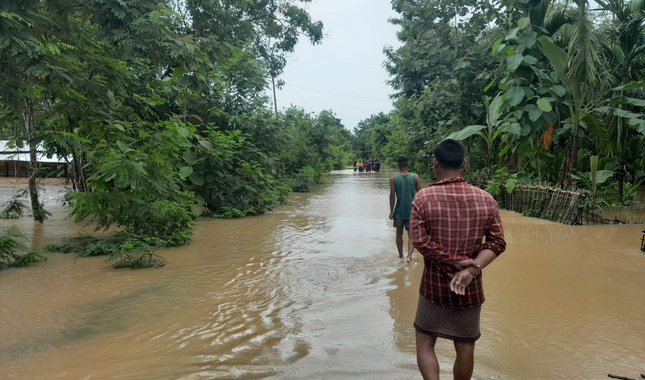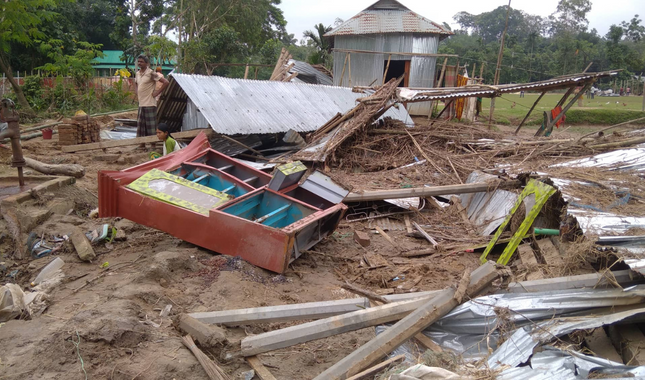DAY 1
Module 1: Caritas Internationalis Emergency Framework
Discover the flow of reporting and elements of the Caritas Internationalis emergency framework. This module dives into SPHERE, a handbook on humanitarian charters and minimum standards in humanitarian response. Participants will learn about the link between humanitarian action in the current situation and global events.
Module 2: Core Humanitarian Standard
The Core Humanitarian Standard (CHS) on Quality and Accountability sets out nine commitments that organisations and individuals involved in humanitarian response can use to improve the quality and effectiveness of the assistance they provide. It also facilitates greater accountability for communities and people affected by crises.
Module 3: Caritas Internationalis Emergency Toolkit and Needs Assessment
Get acquainted with the tools and manual of the Caritas Internationalis emergency toolkit. Participants will receive simple and practical guidance on how to use it, what to do before, during, and after a disaster, and how to respond to an emergency.
DAY 2
Group Works: Emergency Needs Assessment and Tabletop Simulation
Participants will take part in a practical application using various tools and templates based on a provided case study.
DAY 3
Module 4: Volunteer Management
Learn about the definition of volunteers, principles of volunteerism, various exercises on volunteer management, training of volunteers, the 9-step system for volunteer management, and connecting volunteers with the community. Participants will also understand the formation of Community-led Monitoring, Evaluation, Accountability, and Learning (CMEAL).
Group Works: Meaning of Volunteer, Qualities of Volunteer, and Steps in Volunteer Management
Participants will put into practice the theories presented through case studies as well as volunteer test and analysis.
The facilitators will engage participants through presentations, films, handbooks, group work, interactive demonstrations, and case studies.




.png202404180156356176.png)


.png202207200728441721.png)

